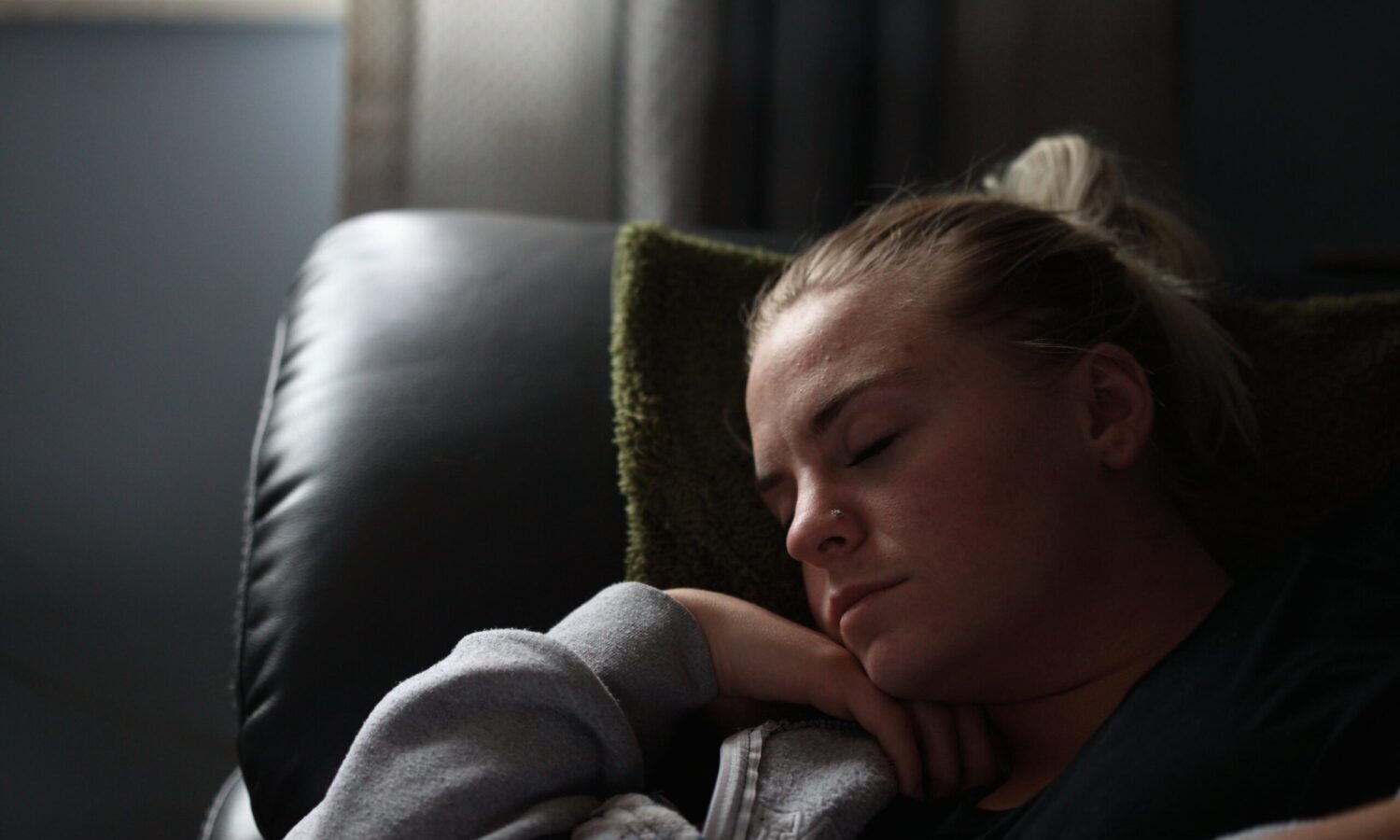This disorder has also been linked with increased blood pressure, increasing the odds of heart attacks and other forms of cardiovascular disease.
There’s a lot of things that can go wrong with your sleep. About 70 million Americans suffer from some sort of chronic sleep disorder, making it one of the most common and difficult to treat conditions in the country.
A new study suggests that people who suffer from sleep apnea, a condition where breathing repeatedly stops and starts, may be more likely to suffer from depression and a variety of serious conditions.
RELATED: Falling Asleep At This Specific Time Might Be Good For Your Heart Health

The study was conducted by researchers who analyzed a pool of pilots from Saudi Arabia. Since this is a high-risk occupation and people who struggle with sleep apnea are more likely to have fatigue and insomnia, researchers wanted to understand the disease better in order to catch it earlier and try to prevent it.
“One-third of participants had some problems initiating or maintaining sleep (insomnia), 33% had tiredness and fatigue,35.9% had depression, while 23.1% were excessively sleepy during the daytime,” explained the study.
The link between sleep apnea and depression has appeared in previous studies, lending more legitimacy to this connection. It’s believed this link exists since people with sleep apnea aren’t well-rested due to the abrupt waking up in the middle of the night and then later having issues when going back to sleep. The more they struggle with the disease, the less comfortable people will feel in all regards to their daytime lives, influencing their work performance and their relationships.
RELATED: Sleeping Less Than 5 Hours A Night May Increase Your Risk Of This
Aside from being linked with depression, sleep apnea has been correlated with increased blood pressure, thus increasing the odds of heart attacks and other forms of cardiovascular disease.

People who suffer from sleep apnea wake up through the night due to the abrupt changes in their breathing patterns. Over the years, researchers have found that this occurs due to the tissue in the throat relaxing during sleep, blocking the airway, and disrupting sleep. It’s a condition that affects about 22 million people in the U.S.
Sleep apnea is a serious and common condition. People who suffer from mild cases might benefit by sleeping on their stomachs or on their sides, keeping their airways as open as possible. For more serious cases, it’s important to talk to your doctor and to look for other methods of treatment, including the use of breathing aids like a CPAP machine and even surgical intervention.


